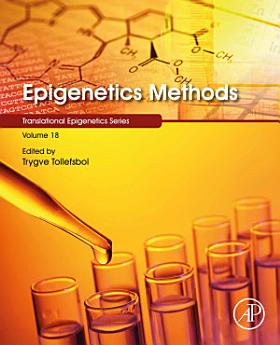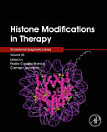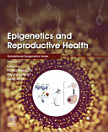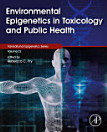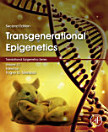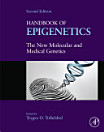In recent years, the field of epigenetics has grown significantly, driving new understanding of human developmental processes and disease expression, as well as advances in diagnostics and therapeutics. As the field of epigenetics continues to grow, methods and technologies have multiplied, resulting in a wide range of approaches and tools researchers might employ. Epigenetics Methods offers comprehensive instruction in methods, protocols, and experimental approaches applied in field of epigenetics. Here, across thirty-five chapters, specialists offer step-by-step overviews of methods used to study various epigenetic mechanisms, as employed in basic and translational research. Leading the reader from fundamental to more advanced methods, the book begins with thorough instruction in DNA methylation techniques and gene or locus-specific methylation analyses, followed by histone modification methods, chromatin evaluation, enzyme analyses of histone methylation, and studies of non-coding RNAs as epigenetic modulators. Recently developed techniques and technologies discussed include single-cell epigenomics, epigenetic editing, computational epigenetics, systems biology epigenetic methods, and forensic epigenetic approaches. Epigenetics methods currently in-development, and their implication for future research, are also considered in-depth. In addition, as with the wider life sciences, reproducibility across experiments, labs, and subdisciplines is a growing issue for epigenetics researchers. This volume provides consensus-driven methods instruction and overviews. Tollefsbol and contributing authors survey the range of existing methods; identify best practices, common themes, and challenges; and bring unity of approach to a diverse and ever-evolving field. - Includes contributions by leading international investigators involved in epigenetic research and clinical and therapeutic application - Integrates technology and translation with fundamental chapters on epigenetics methods, as well as chapters on more novel and advanced epigenetics methods - Written at verbal and technical levels that can be understood by scientists and students alike - Includes chapters on state-of-the-art techniques such as single-cell epigenomics, use of CRISPR/Cas9 for epigenetic editing, and epigenetics methods applied to forensics
